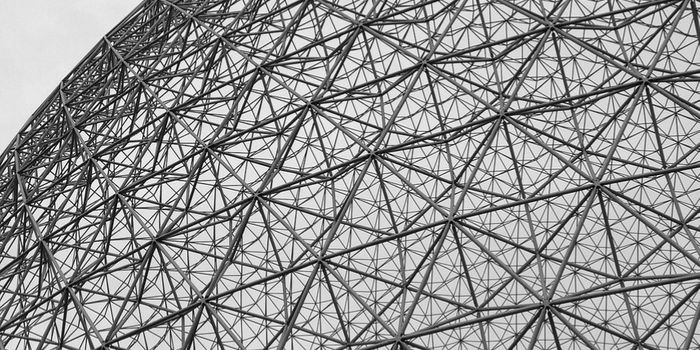L'Oreal Wants to Get its Hands On 3D Printed Skin
The 3D Printing industry is an emerging market that is finding tons of uses in the real world. Whether it's creating small trinkets, useful products, replacement jaws for sea turtles, or even flesh, the industry certainly has a lot of potential to change the world.

Beauty and cosmetics company L'Oreal is in the market to use the 3D printing industry to its advantage. A new agreement with a bio-printing company called Organovo will allow L'Oreal to test its products on 3D-printed skin instead of the real, naturally-occurring thing.
It's a noteworthy agreement. This is the first time that the 3D printing industry has ever signed an agreement like this with any company in the beauty and cosmetics industry. It has the potential to change the testing process of the products we use on a daily basis.
There are some benefits to this agreement; it's much faster to 3D print some skin on demand than it is to harvest the cells of donated flesh remnants. Harvesting skin cells is much more time consuming and requires personnel to watch over laboratory equipment, while 3D printing is far more of an un-manned process.
Moreover, since the chemicals used in testing new products can be harmful until the product is perfected, the 3D printing of skin will continue to provide a safe way of testing out new products without harming animals or other living creatures.
L'Oreal, on the other hand, is more interested in the "quality" of the 3D printed skin than they are the "quantity." The company hopes to harness 3D printing technology to produce consistent samples, which is expressed by L'Oreal as more important than the speed of the production:
"Some of the biggest potential advantages are the speed of production as well as the level of precision that 3-D printing can achieve," Guive Balooch, global vice president of L'Oreal's technology incubator said in an e-mail to The Washington Post. "L'Oreal's focus right now is not to increase the quantity of skin we produce but instead to continue to build on the accuracy and consistent replication of the skin engineering process."
That's not to say, however, that speed won't improve in the future. As the technology continues to improve, the process will not only increase in speed, but it will reach more niches than just beauty and cosmetics.
This is only the beginning of great uses for 3D printing to come.
Sources: Washington Post, Organovo Press Release








